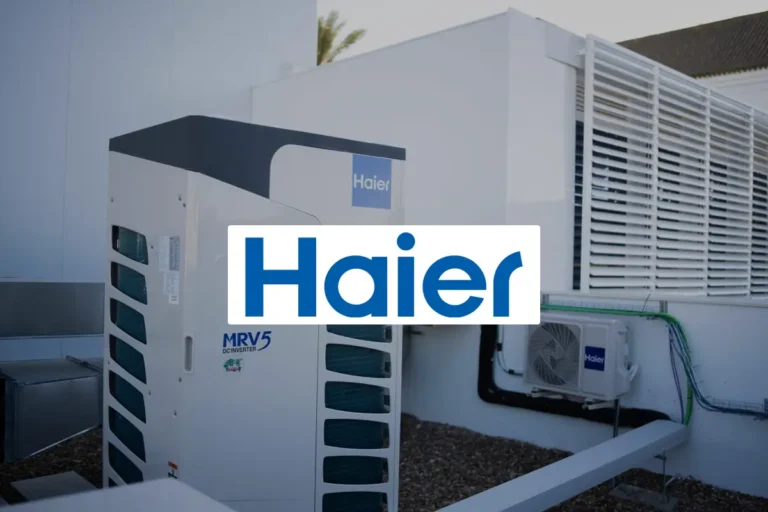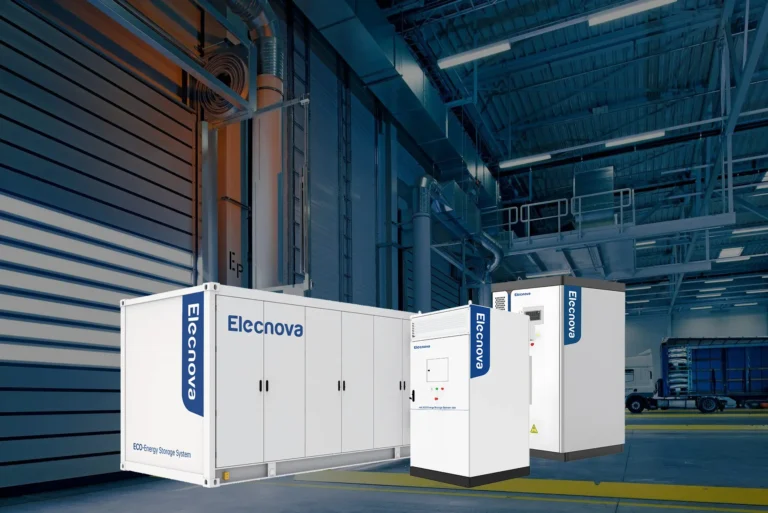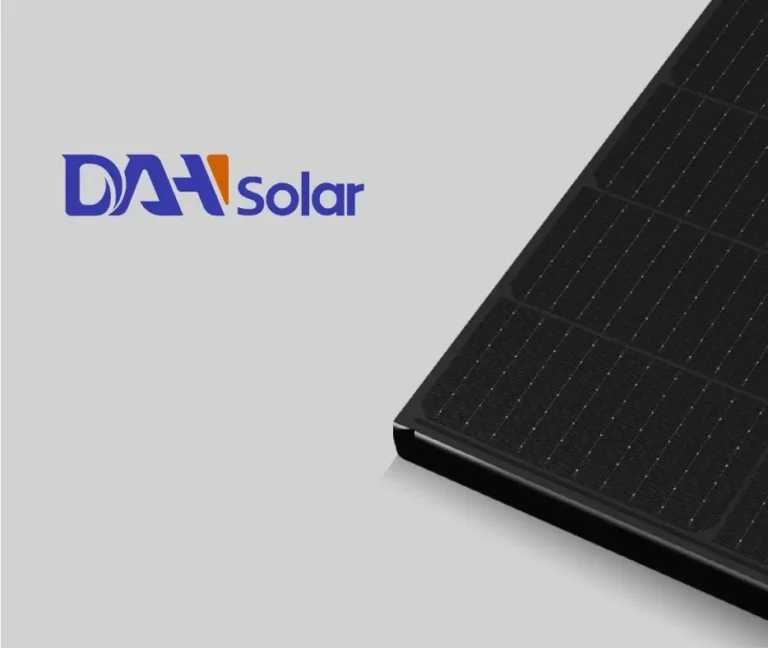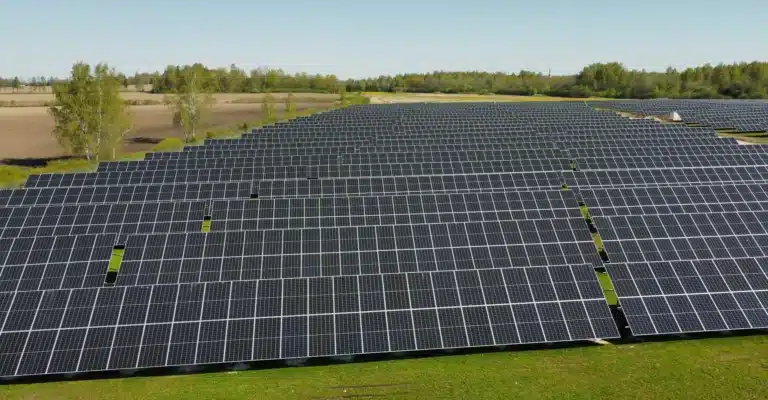Frequently Asked Questions
We understand that there might be many questions before thinking of installing a solar park. Therefore, we have gathered the most frequent questions we hear from our customers, to help you get a better understanding of what it means to build a solar park.
General
Building a solar park takes approximately 3 months, starting from the first consultation until the connection to the grid. The building itself is the fastest phase of the whole project. Preparing the documents and getting all the permits requires most of the time.
.
This depends on every project, but based on our experience it is approximately 4 – 8 years. Solar panels are productive for about 25 years, so this is a solid and safe investment.
Yes! The initial consultation and the profitability and ROI are done by our experts for free.
The solar parks require minimal maintenance; however, we recommend having an inspection every year. Depending on where the solar panels are installed it might require yearly cleaning but in many cases, the nature takes care of it already. We advise to carry out the maintenance at the end of the first year of use. After that maintenance can be carried out every second year.
Available financial subsidies differ in each country. To get an overview of the latest subsidy information in your country please contact us directly.
Solar Panels
Before installing a solar park, we will do calculations to understand how much electricity will be produced throughout the year. Once the solar park is working there are mobile applications from inverter manufacturers, where you can follow the productivity of your panels.
We offer only monocrystalline solar panels as this is the latest technology and offers much better performance than polycrystalline solar panels that are outdated already.
Yes, panels still produce electricity also in winter but the production is lower than in the summer months. The most effective power output times in the Baltic countries are from March to October. The best power output time is from May to July.
The panels produce electricity even when the weather is cloudy but the efficiency decreases depending on the weather conditions.
Generally, manufacturers offer a 25-year linear performance guarantee. After that, the PV panels continue working, but the performance numbers can decrease.
There are numerous benefits of owning a solar panel park. The most appealing is the significant reduction of the electricity bills. You produce your own electricity; therefore, you are not dependent on the fluctuating electricity prices, you consume what you produce. Solar energy is renewable energy. By choosing solar energy you are committing to reducing greenhouse gas emissions, therefore you are doing your part on slowing climate change.
Solar panels convert light from the sun into electricity, they allow the particles of light to knock electrons free from atoms, generating a flow of electricity.
Solar panel technology was invented already 1941. The first working panel was created 1954. The price of PV modules has decreased by approximately 80% since 2008, thus making it more affordable for both businesses and commercial customers. Intense competition among solar panel manufacturers has contributed to the creation of more efficient products.
Yes, if battery storage solutions are used in addition to PV panels.
Solar batteries
Battery storage is a part of an integrated solar panel solution that optimise electricity consumption. Batteries store direct electricity from solar panels or from the grid.
Inverters
The inverter is an integral part of a functioning solar park because it converts the electricity produced by sun direct current (DC) to the electricity that the electrical grid uses – alternating current (AC).
The number of inverters needed depends on the size of the solar park. Our experts help to determine the number of inverters needed and the best suitable ones during the consultation.
Yes, every solar park also needs an inverter as it is a device that transforms direct current electricity to alternating current electricity. As the inverter is responsible for this energy transformation it is a necessity for every solar park installation.
Did not get an answer to your questions?
No need to worry about it! Our experienced team is here to help you out with any questions you might have about solar energy and renewable energy solutions
You might be interested also in these blog posts

Sunergia and Haier sign partnership agreement
Sunergia has signed a partnership agreement with Haier, an internationally recognized manufacturer of heating and cooling equipment.

Sunergia and Elecnova Energy started cooperation
Sunergia has signed a partnership agreement with Elecnova Energy, a world leading provider of storage systems and solutions. As a result of this cooperation, Sunergia will become the official representative of Elecnova in Estonia and Latvia.

Sunergia Becomes the Official Representative of DAH Solar in the Baltics
Meil on hea meel teatada, et oleme nüüd DAH Solari ametlik esindaja Balti riikides, pakkudes klientidele tipptasemel päikesepaneele ja innovaatilisi lahendusi.

Solar park for companies – a strategic investment for the future
Investment in solar energy is strategic and long-term Investment in solar energy is strategic and long-term, like an efficient heating system of a building or

